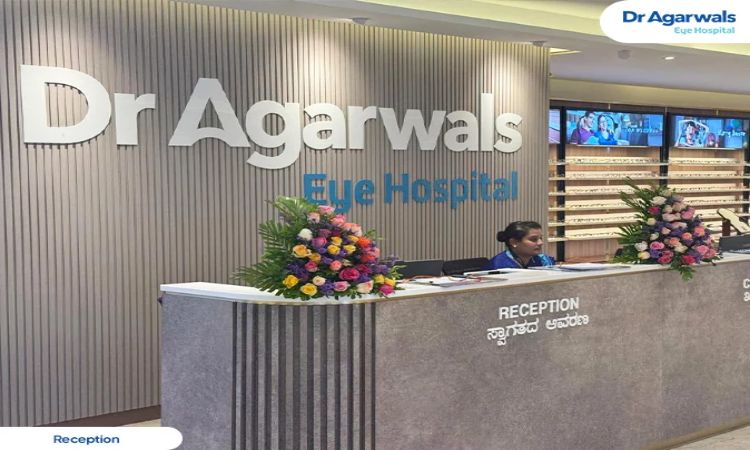Trust isn’t just earned anymore—it’s engineered. In today’s health tech arms race, the real winners aren’t the flashiest platforms or the most bloated with venture capital. It’s the ones that know how to lock it down. We’re talking security. Privacy. Compliance. Because if you’re handling patient data and you’re not HIPAA Complaint, you’re not just playing with fire—you’re begging to be burned.
Digital healthcare has evolved from a fringe convenience to a multi-billion-dollar mainstay. But with that rise comes one harsh truth: one data leak, one compliance slip, and your credibility doesn’t just take a hit—it flatlines. That’s why forward-facing platforms like AonMeetings are turning compliance into a competitive edge. Their HIPAA-compliant virtual meeting tools don’t just check boxes—they build trust from the moment a call begins.
Not All Platforms Deserve Your Patients
There’s a growing divide between tech that says it’s secure and tech that actually is. Healthcare isn’t a playground for MVPs slapped together in a startup sprint. If you’re handling protected health information, you’d better be damn sure your platform is bulletproof. The truth? A lot of them aren’t.
Patients don’t want guesswork. They want certainty. And when your platform can’t offer that from the jump, they’ll take their data—and their dollars—somewhere else. If your backend looks like an afterthought, you won’t just lose users. You’ll lose trust. Permanently.
The Old Rules Are Dead—This Is the New Standard
Gone are the days when patients blindly trusted whatever screen their doctor appeared on. People want to know: is my health information encrypted? Who else can see this consultation? Is my therapist’s telehealth platform secure or just another vulnerability wrapped in a clean interface?
Regulatory guardrails like HIPAA aren’t just bureaucratic noise. They’re battle-tested defenses in a landscape riddled with cyberattacks, phishing scams, and ransomware threats. In 2023 alone, over 100 million health records were exposed in the U.S.—and that’s just the ones we know about. Every breach chips away at public trust. Every unsecured platform puts lives, reputations, and futures at risk.
You either build your health tech product with compliance in its DNA—or you build a time bomb. No middle ground.
Data Breaches Aren’t Bugs—They’re Betrayals
When health data leaks, it’s not a “technical error.” It’s a breach of trust at the highest level. For patients, it’s not about ones and zeroes—it’s about dignity, autonomy, and safety. These aren’t faceless data points; they’re diagnoses, histories, traumas. Mishandling that? Unforgivable.
Every breach tells the same story: someone cut corners. Someone chose fast over secure. And in this industry, shortcuts don’t just cost money—they cost lives. If your product can’t safeguard what’s sacred, it doesn’t deserve to be in the room.
Compliance Isn’t Attractive—Until It Saves You
Let’s be honest: no one ever said compliance was glamorous. But in a world where reputation is everything and breaches can go viral in minutes, HIPAA compliance is your brand’s best friend. And tools like AonMeetings are proving that security doesn’t have to be a killjoy. It can be seamless, intuitive, even elegant.
We’re talking full encryption, locked-down user permissions, secure data storage—the kind of infrastructure that doesn’t just whisper safety, it screams it. When you walk into a virtual consult knowing your personal health info won’t end up in some shady data broker’s database, that’s peace of mind. That’s digital intimacy—protected.
The Real Flex? End-to-End Encryption
Forget badges, slogans, or vague “privacy-first” promises. The real show of force in health tech is full-spectrum encryption—no gaps, no excuses. When every message, video call, and data transfer is locked down at the protocol level, users can finally breathe easy.
Platforms that bake encryption into their core are making a statement: “We don’t just meet the standard. We set it.” That’s the kind of energy that wins loyalty and respect in a cutthroat digital health market. Anything less is just smoke and mirrors.
Trust Is the Currency, and Privacy Is the Product
Patients aren’t stupid. They know the risks. They’ve read the headlines. And if your platform doesn’t make them feel protected, they’ll ghost you. Fast. Building trust in health tech isn’t about flashy branding or slick UX. It’s about being brutally honest about what matters: data protection, transparent policies, and airtight security.
Ethical development means starting with the assumption that every byte of data matters. That privacy isn’t a bonus feature—it’s the product. Platforms that embrace this ethos don’t just stay ahead of regulations—they stay ahead of the market. Because patients talk. And once a platform proves it can’t be trusted? That trust doesn’t just disappear—it detonates.
The Future Is Watching—and It Doesn’t Forgive
The next era of health tech isn’t coming—it’s already here. AI diagnostics, remote surgeries, predictive medicine… all of it relies on one thing: user trust. Lose that, and you’re out of the game. Permanently.
If you want to future-proof your platform, you start with compliance. You start with secure communications. You start by being HIPAA Complaint before anyone even asks. Because the question isn’t if your platform will be scrutinized—it’s when. And when that moment comes, you’ll either be the cautionary tale… or the gold standard.
So ask yourself—are you building for convenience, or are you building for trust? Because in this industry, one gets you downloads. The other gets you legacy.













Leave a Reply